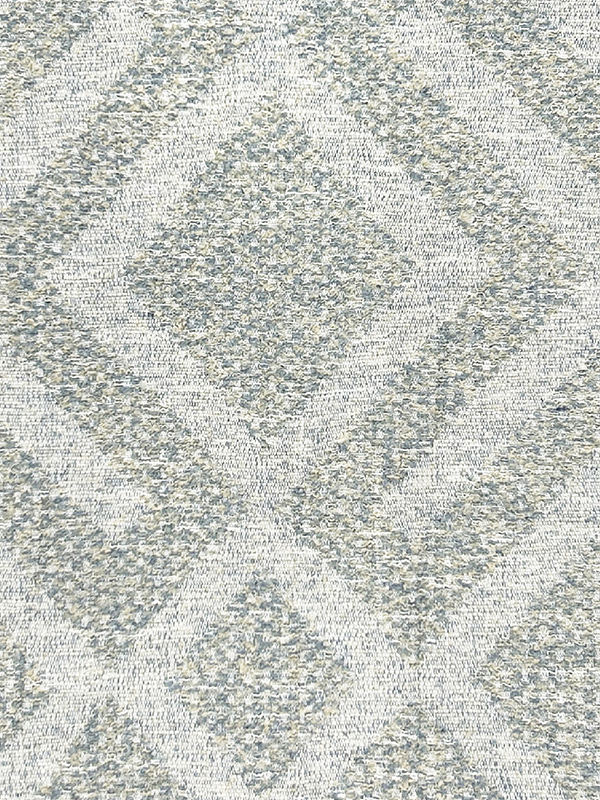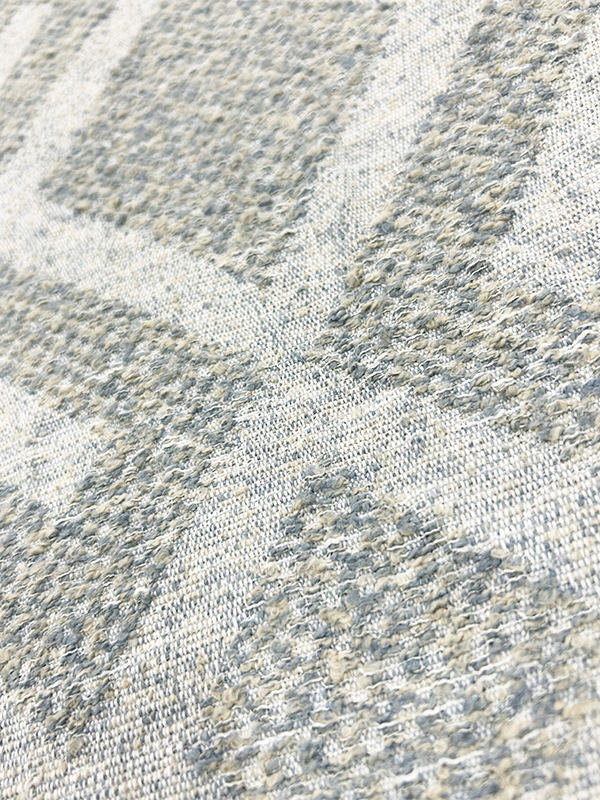Polyester fabric is one of the most widely used materials in the textile industry. Known for its durability, affordability, and versatility, polyester has become a staple in the production of everything from clothing to home furnishings. Whether used in fashion, upholstery, or industrial applications, polyester offers a wide range of benefits that make it an essential fabric in the modern world.
The production of polyester fabric begins with the synthesis of polyester fibers, which are produced by melting PET and extruding it through a spinneret to form fibers. These fibers are then cooled and stretched to increase their strength and elasticity. Once the fibers are prepared, they can be woven or knitted into fabric.
There are several types of polyester fabrics based on the weaving or knitting techniques used:
This type of polyester fabric is made by interlacing two sets of yarns at right angles to each other. It is known for its stability, durability, and smooth finish. Woven polyester fabrics are commonly used in the production of clothing and upholstery.
Knitted fabrics are made by interlocking loops of yarn to create a fabric with more stretch and flexibility. Knitted polyester is often used for activewear, sportswear, and garments requiring greater comfort and movement.
Nonwoven fabrics are made by bonding polyester fibers together through mechanical, thermal, or chemical processes, without the need for weaving or knitting. These fabrics are commonly used in industrial applications, such as filters, wipes, and insulation.
The fabric can be further treated with various finishes, such as dyeing, printing, water resistance, or flame retardant treatments, depending on the intended use of the final product.

One of the most notable characteristics of polyester fabric is its durability. Polyester is strong and resistant to stretching, shrinking, and abrasion. It maintains its shape and strength over time, making it ideal for items that are subject to frequent wear and tear.
Polyester fabric is naturally resistant to wrinkles and does not shrink easily, even after repeated washings. This makes it a low-maintenance fabric that is ideal for busy individuals or those who need clothing and textiles that retain their shape and appearance without requiring frequent ironing.
Polyester is an excellent moisture-wicking fabric, meaning it can draw moisture away from the body and keep the wearer dry. It also dries quickly, which is why it is commonly used in sportswear and activewear.
Polyester holds dyes well, which allows it to retain vibrant colors for long periods. This characteristic makes polyester fabrics ideal for items that require bright or bold colors, such as fashion garments and home textiles.
Polyester is less likely to stain compared to natural fibers like cotton. It has a smooth surface that resists the absorption of liquids and oils, making it easier to clean and maintain.
Polyester fabric is lightweight, which makes it comfortable to wear or use in a wide range of applications. Despite its lightweight nature, it still provides durability and strength.
Polyester is one of the most affordable fabrics on the market, making it a popular choice for budget-conscious consumers and manufacturers. Its affordability does not come at the expense of quality, as it still provides excellent durability and performance.
Polyester fabric can be used in a wide range of applications, from clothing and home textiles to industrial products. It can be woven, knitted, or nonwoven, and it can be blended with other fibers to create fabrics that offer the best of both worlds.
While polyester is a synthetic fiber made from petroleum, it has a lower environmental impact compared to other synthetic fabrics like nylon. Additionally, polyester can be recycled, and there are efforts to create more sustainable forms of polyester, such as recycled polyester made from plastic bottles.
Polyester is easy to care for, requiring little maintenance compared to natural fibers. It is machine washable, resistant to shrinking, and dries quickly, making it a convenient choice for busy households.
Polyester fabric excels in performance applications, such as activewear, sportswear, and outdoor gear. Its moisture-wicking and quick-drying properties make it ideal for keeping athletes comfortable during intense physical activity.
Polyester is a popular choice in the fashion industry due to its durability, wrinkle resistance, and color retention. It is used in a variety of clothing items, including shirts, dresses, jackets, and suits. Polyester is often blended with cotton to create fabrics that combine the benefits of both fibers, offering a soft feel with the durability and low-maintenance qualities of polyester.
Polyester fabric is commonly used in home furnishings such as curtains, upholstery, bed linens, and cushions. Its durability, ease of care, and ability to retain color make it ideal for high-use items around the home. Polyester also plays a key role in the production of bedding, as it is lightweight yet warm and comfortable.
Polyester is a staple in the production of activewear and sportswear. Its moisture-wicking properties help keep athletes dry during physical activity, and its lightweight nature ensures comfort. Polyester is often used in garments such as T-shirts, leggings, sweatpants, and jackets.
Nonwoven polyester fabrics are used in a wide range of industrial applications, including filtration, medical supplies, automotive parts, and insulation. Polyester’s strength and resistance to wear make it ideal for manufacturing products that require durability and longevity.
Polyester is used in the production of fabrics for banners, signage, and advertising materials. Its ability to hold vibrant colors and withstand outdoor conditions makes it a popular choice for advertising displays and trade show materials.
Polyester is also used in the manufacture of bags, backpacks, luggage, and accessories. Its durability and resistance to wear and tear make it an ideal material for items that are subject to frequent use and travel.

 English
English 中文简体
中文简体 Español
Español عربى
عربى














